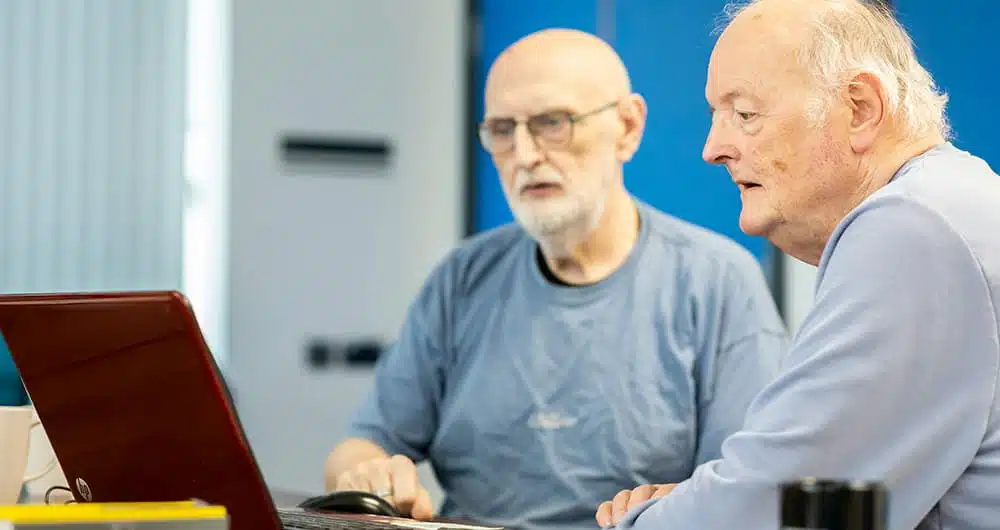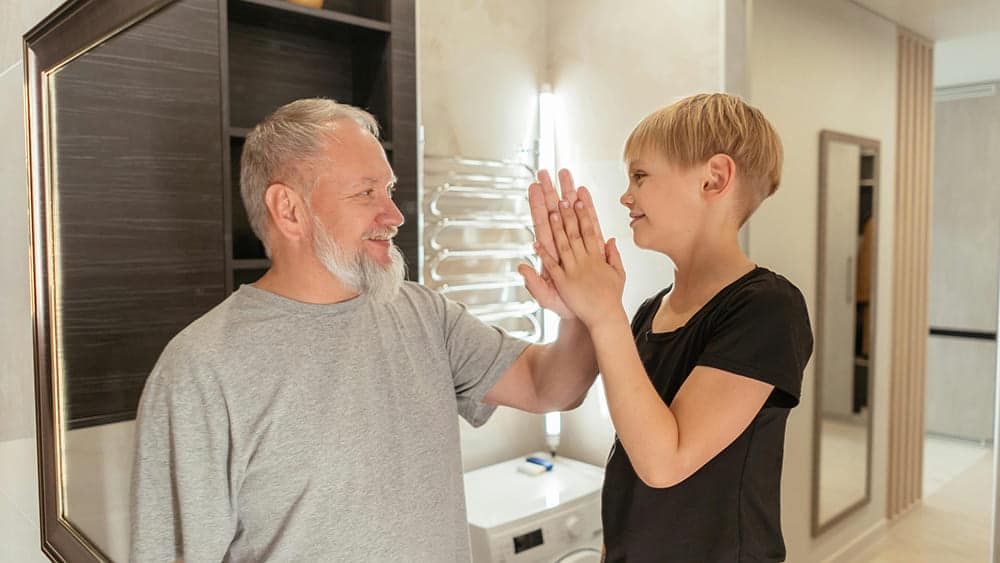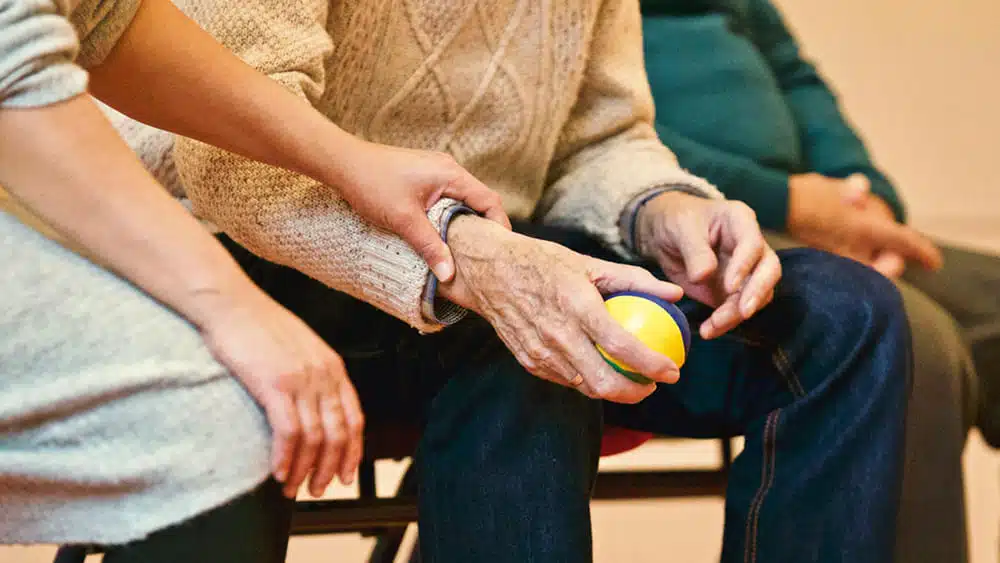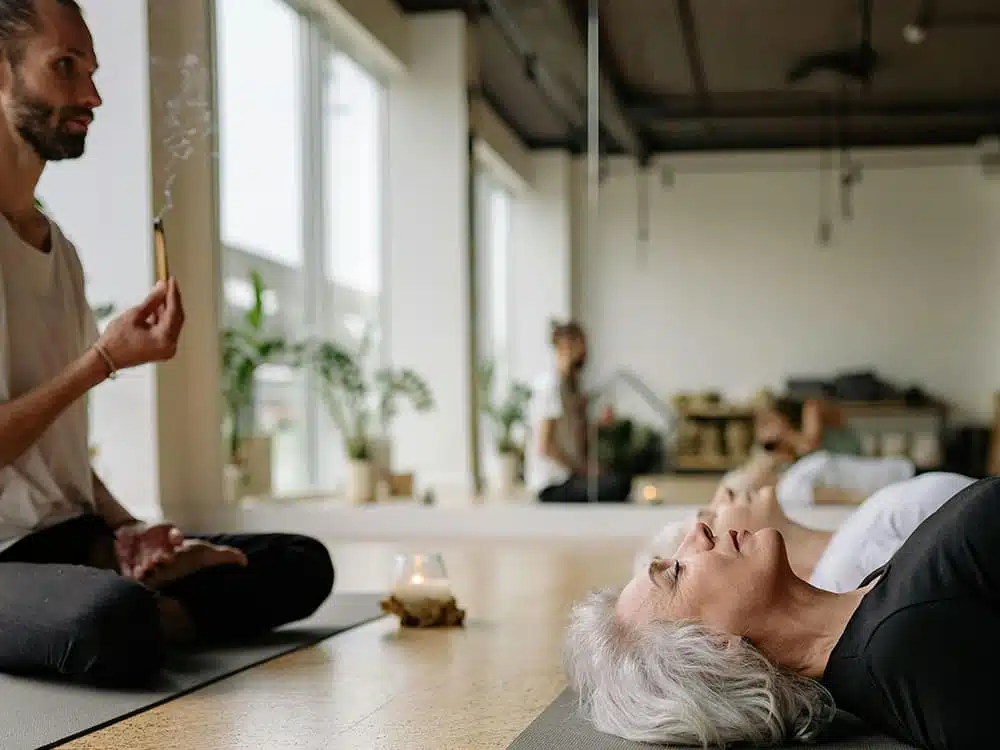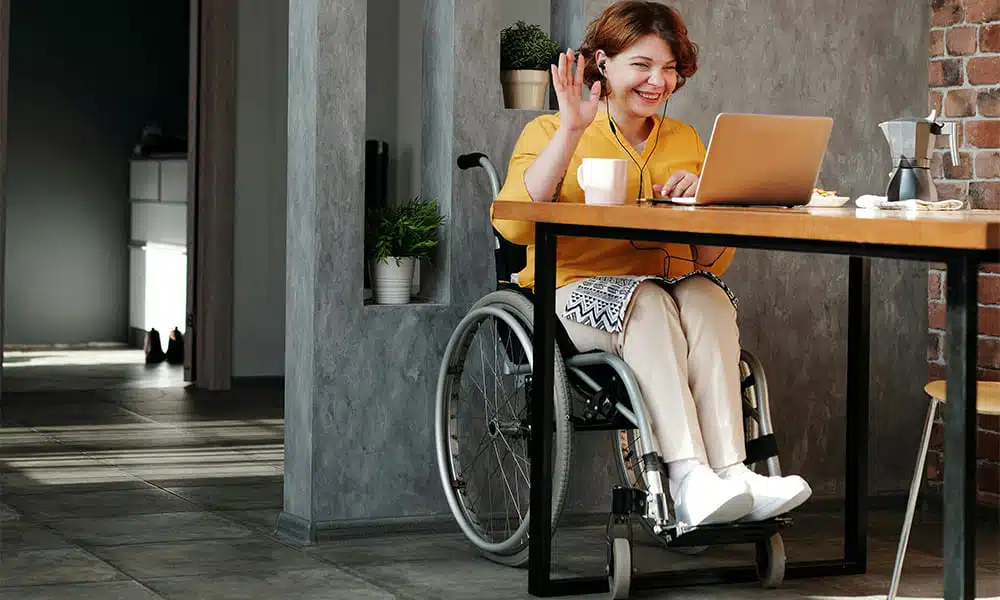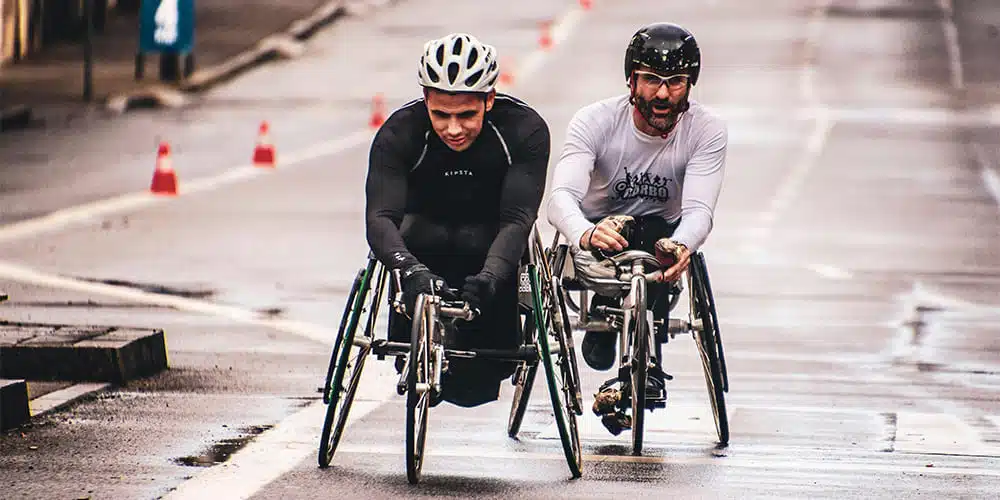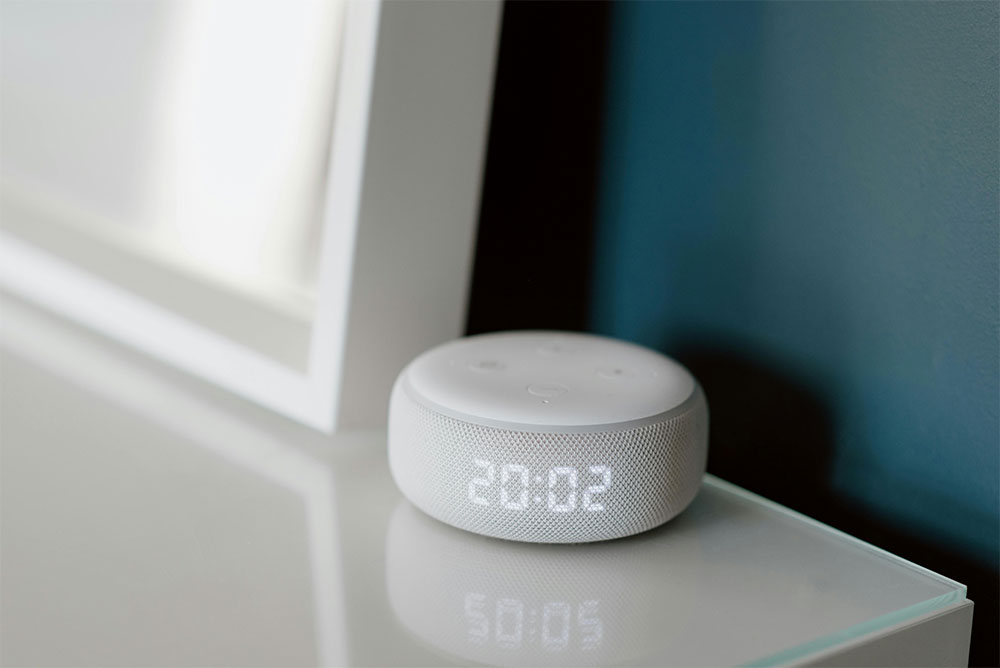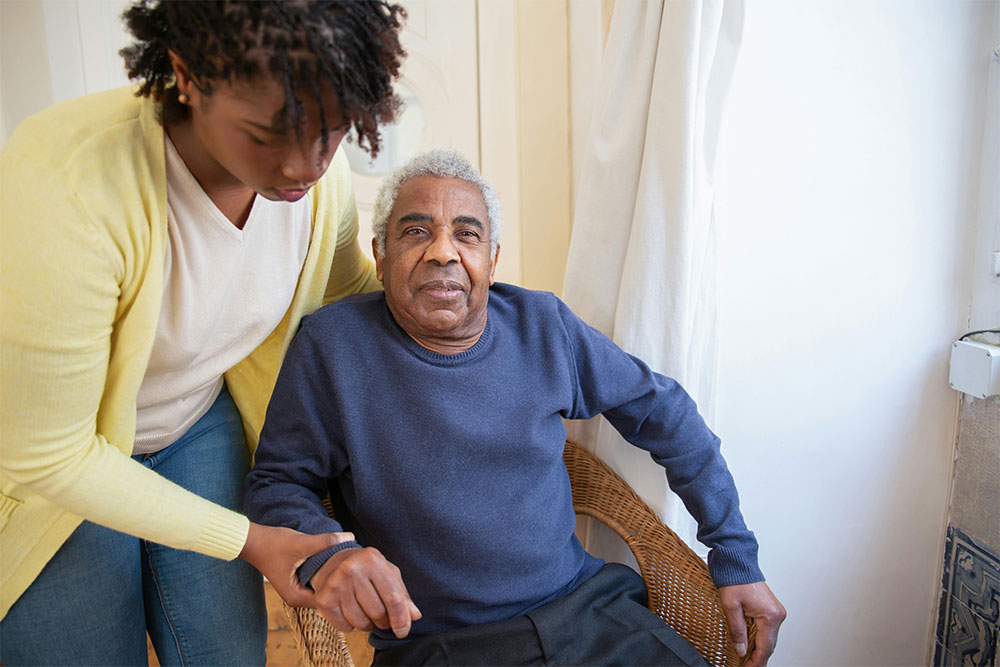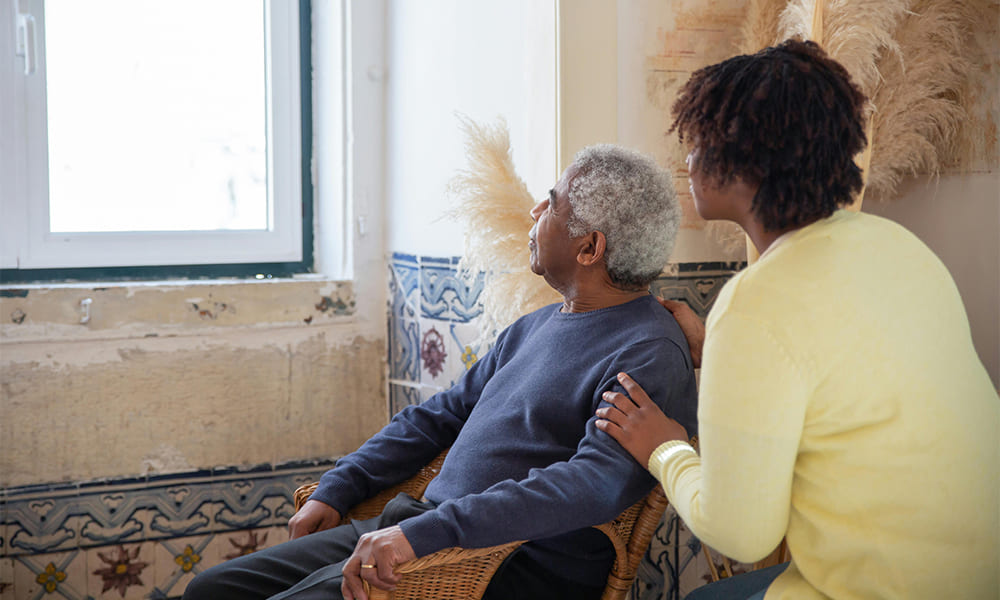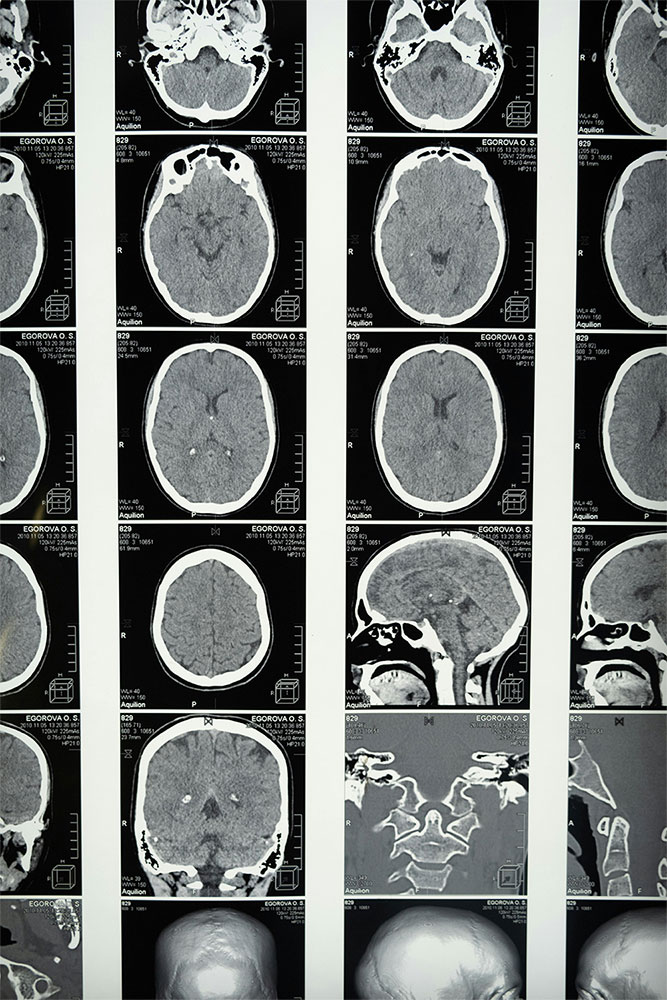
Christopher Ravn
Key Takeaways
1. Mental exercises like brain games and meditation can slow cognitive decline in mild cognitive impairment.
2. Physical activity, social engagement, and a healthy diet also play crucial roles in maintaining cognitive function.
3. Consistency in engaging in these activities is key to maximizing their benefits for individuals with MCI.
Table of Contents
1. What Are The Best Mental Exercises For Mild Cognitive Impairment?
2. How Can Mental Exercises Prevent Mild Cognitive Decline?
3. Does Mild Cognitive Impairment Go Away With Mental Exercises?
4. List Of Mental Exercises For Mild Cognitive Impairment
5. How Effective Are Brain Games To Prevent Mild Cognitive Impairment?
6. How Can I Prevent Mild Cognitive Impairment With Mental Exercises?
7. Mental Exercises With Creative Arts For Cognitive Stimulation
8. Listening To Music As A Mental Exercise To Improve Cognitive Decline
9. Language Activities As A Cognitive Exercise
10. Mental And Physical Activities Combination Can Improve Mild Cognitive Impairment?
11. Is Physical Activity A Good Exercise For Cognitive Impairment?
12. Are Meditation Exercises For The Cognitively Impaired Beneficial?
13. Can Lifestyle Choices Prevent Mild Cognitive Impairment?
14. Frequently Asked Questions About Mental Exercises For Mild Cognitive Impairment
What Are The Best Mental Exercises For Mild Cognitive Impairment?
Mild cognitive impairment (MCI) occurs when a person experiences more memory and/or thinking problems than people of their age. Clinical symptoms include memory loss, language problems, attention deficits, disorientation, and changed visuospatial skills. MCI onset more commonly occurs among those 65 or older but can affect anyone of any age. The danger of MCI lies in that it can develop into dementia if left untreated. MCI is a challenging condition, but there are strategies to help manage and potentially slow its progression.
Help is at hand for those with MCI in the form of mental exercises. These can be performed at home without the need for expensive therapies or tools. It is also important to note that aerobic exercise helps with MCI on a general level – as the saying goes, “healthy body, healthy mind”! This form of exercise can help prevent the onset of MCI – important for those reaching middle age.
Mental exercises for MCI comprise brain training games such as Sudoku, crosswords, and smartphone apps like Lumosity; and learning new skills that require more mental faculty, such as learning a new language or delving into Artificial Intelligence and its myriad of uses. Apart from these, maintaining an active lifestyle replete with social interactions, physical exercise, a healthy diet, and maintaining a proper schedule (especially as related to sleep) will certainly help. In other words, get the MCI sufferer out of the house! Being cooped up all day and following the same old routines day in, day out, actively contributes to cognitive decline.
How Can Mental Exercises Prevent Mild Cognitive Decline?
Cognitive exercise therapy involves structured activities and exercises designed to improve cognitive function. These activities can include memory exercises like brain exercises to prevent Alzheimer’s, problem-solving tasks, and attention-training exercises. The goal of cognitive exercise therapy is to stimulate the brain and improve cognitive abilities.
When tailoring exercises for MCI, the objective is to target the specific area of decline, such as memory, attention, or executive function. Therapy sessions should also be adapted to accommodate the individual’s cognitive abilities and preferences.
Does Mild Cognitive Impairment Go Away With Mental Exercises?
Unfortunately, MCI does not resolve completely with mental exercises. What these exercises do is slow the progression, sometimes enough to ward off the transition to full-blown dementia. But some impairment will remain. Remember that MCI is considered a transitional stage between normal aging and dementia.
How Do Mild Cognitive Decline Exercises Benefit Cognitive Functions? (H3)
The two primary ways exercise impacts cognitive health are direct and indirect. Directly, exercise reduces insulin resistance and inflammation. It also stimulates the release of chemicals in the brain that affect the health of brain cells, the growth of new blood vessels in the brain, and even the abundance and survival of new brain cells.
Indirectly, exercise improves mood and sleep, and reduces stress and anxiety, known factors for causing cognitive impairment.
Studies have shown that the prefrontal cortex and medial temporal cortex, otherwise known as the areas of the brain controlling thinking and memory, increase in volume through exercise.
The benefits of aerobic exercise extend from the body to the brain as well. Walking, swimming, cycling – exercises such as these increase blood flow to the brain and stimulate the release of those brain cell-growing chemicals mentioned above, leading to the growth of new brain cells and improvement of overall cognitive function.
List Of Mental Exercises For Mild Cognitive Impairment
Ideal mental exercises include crossword puzzles, Sudoku, memory games, and learning new skills. It is vital to also include social interactions and acquire new knowledge from more challenging sources (e.g., reading books as opposed to watching YouTube videos). The idea is to be active cognitively rather than passively. Thus, vegetating in front of YouTube would not serve this purpose.
How Effective Are Brain Games To Prevent Mild Cognitive Impairment?
There is actually still an ongoing debate about the effectiveness of brain games in combating MCI. Some studies have shown them to be effective; others have not reached these same conclusions. However, those who did benefit from brain games experienced improvements in areas such as memory, attention, and problem-solving skills.
The effectiveness of brain games is due to the prescribed activities stimulating certain areas of the brain and thus should target those areas affected in the MCI sufferer.
When formulating a treatment plan, do keep in mind that brain games are only a part of this plan. Other factors should include changes to diet and medication if necessary.
How Can I Prevent Mild Cognitive Impairment With Mental Exercises?
There are a number of different strategies that can be employed here. These are nonpharmacologic interventions, that is, not involving the use of medications. These exercises fall into the areas of exercise and cognitive training and can be easily incorporated into the MCI sufferer’s daily routines.
Include in the activity planning for the MCI sufferer such modules as self-assertiveness training, relaxation techniques, stress management, use of external memory aids, memory training, and motor exercise. Studies have shown that after 4 weeks, those with MCI utilizing such an activity plan showed significant improvements in daily living and their overall mood.
Art therapy is an important adjunct in any activity plan for halting MCI. Art therapy (called Visual Art Therapy in studies, as this focuses on the visual arts) has been shown to improve cognitive functions and moods of those undertaking VAT, again attributed to the stimulation of the brain.
A study conducted in the US on art therapy observed significant improvements in the memory and attention of MCI sufferers over a 3-month period.

Mental Exercises With Creative Arts For Cognitive Stimulation
Producing visual art (painting, tooling, sculpting, etc.) and guided tours of visual art displays.
Listening To Music As A Mental Exercise To Improve Cognitive Decline
Evidence for the efficacy of music in treating MCI is scarce. However, the studies that have been conducted show that music can be a powerful tool for halting cognitive decline. Music that is familiar and meaningful to the person suffering from MCI can help stimulate areas of the brain responsible for memory, emotion, and attention. This is in addition to music’s stress reduction and mood-enhancing abilities.
It is important to note that some studies showed no improvement. Sifting through the data, it appears the type of music-based intervention is also important, and those that involved the MCI sufferer (for instance, singing or playing along with the song) were much more effective than passively listening.
Language Activities As A Cognitive Exercise
Learning a foreign language, or improving the language skills of the MCI sufferer’s native tongue, is thought to delay the onset of dementia. Learning a new language makes your brain more flexible because it uses a lot of different neural networks for things like working memory, inductive reasoning, sound discrimination, speech segmentation, task switching, rule learning, and semantic memory. Studies have shown changes in the brain, specifically in the right hippocampus, after the study participants learned a new language for 9 months. To add on, it is also important to work on speech therapy memory activities for adults.
We Believe Prioritizing Brain Health Enhances Your Quality Of Life
Get to know our team, our mission and how our EVY LIGHT® can provide you and your loved ones with a fuller life, letting you breathe a little easier.
Mental And Physical Activities Combination Can Improve Mild Cognitive Impairment?
The types of mental and physical activities that can help improve MCI are physical exercise, games and puzzles, taking on a new skill, social engagement, mindfulness and meditation, eating a Mediterranean diet, and having a restful sleep.
In regular exercise, consistency is the key to one’s fitness goals. Sudden bursts of intense exercise could strain the body and sporadic episodes of exercise provide only short-term gains.
Similarly, in exercises designed for those with MCI, consistency is vital. Working out as and when will result in the body and brain having a harder time adapting, and forming habits may be more challenging.
Inconsistency can also lead to undertraining, producing no measurable results, and overtraining, which strains one’s facilities and faculties to the point of exhaustion.
Is Physical Activity A Good Exercise For Cognitive Impairment?
Physical exercise can benefit cognitive health in several ways. It helps increase blood flow to the brain, which can promote the growth of new brain cells and improve brain function. Physical activity also helps reduce the risk factors for cognitive decline, such as high blood pressure, diabetes, and obesity. Additionally, exercise can improve mood, reduce stress and anxiety, and enhance sleep, all of which can indirectly benefit cognitive function.
Examples of physical activities are dancing, sports, tai chi, walking or jogging, and strength training.
Are Meditation Exercises For The Cognitively Impaired Beneficial?
Meditation may initially seem like a spiritual exercise, but it offers physical benefits to cognitive function by promoting neuroplasticity, which is the brain’s ability to reorganize itself and form new neural connections. Regular meditation practice improves attention, focus, mental clarity, and reduces stress, provided it is done sincerely and properly. Chronic stress is a significant factor in reduced mental function, making stress reduction through meditation crucial.
Several meditation techniques are beneficial for MCI. Mindfulness Meditation, where practitioners focus on the present moment without judgment, improves attention and cognitive function by deliberately exercising the brain. Guided imagery involves visualizing peaceful scenes to promote relaxation, while body-scan meditation focuses on different parts of the body. Loving-kindness meditation involves sending well-wishes and compassion to oneself and others.
Breathing exercises should be incorporated into any meditation practice to ensure proper air intake and fully nourish the lungs, thereby improving oxygen flow to the brain. Practitioners should start with short meditation sessions and gradually increase the length and intensity over time at a comfortable pace, similar to any exercise regimen.

Enhance your brain performance through the power of light.
Comfortable and easy to use 40Hz light therapy to support and improve your brain function.
View Our LightCan Lifestyle Choices Prevent Mild Cognitive Impairment?
Certain lifestyle choices certainly contribute to a person’s MCI; reducing or eliminating these factors can slow its progression. Common culprits include diet (excessive processed foods or those causing inflammation, and nutrition-deficient diets), sleep deprivation (prevalent in corporate America), and lack of social engagement. How do deficiencies in these areas affect cognitive health?
Firstly, lack of sleep impairs memory, concentration, and decision-making skills, increasing the risk of cognitive decline. Sleep is essential for brain rest and processing input from the day, often manifested as dreams.
Nutrition is crucial for providing the necessary nutrients for brain health. Antioxidants, omega-3 fatty acids, and vitamins E and B12 are particularly beneficial. Avoiding excessive alcohol and saturated fats is also important.
Social engagement stimulates the brain by releasing dopamine and reduces the risk of depression and stress, which can negatively affect cognition.
As individuals with MCI tend to be older and possibly retired, they have more opportunities for activities. They should stay connected with friends and family, join clubs, volunteer, or participate in group activities. Technology can help bridge gaps, especially for those in remote areas, through platforms like Zoom classes where face-to-face interaction is possible.
Physical activity, combined with social engagement, such as joining a hiking group, is beneficial. Brain activities like chess promote interaction with others.
After a day of activities, maintaining a proper sleep schedule and relaxing bedtime routine, along with a varied nutritious diet, are vital. Limiting sugar, saturated fats, and processed foods, and staying hydrated with water are essential. It’s important not to overload the schedule; activities should be enjoyable, not merely tolerated, as the brain functions best when having fun!
Learn What Others Have Experienced with EVY Light
See how others have achieved a sharper mind by activating their gamma brainwaves in combination with maintaining a healthy lifestyle.







